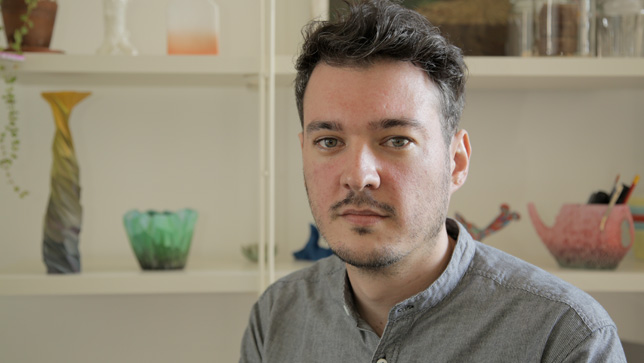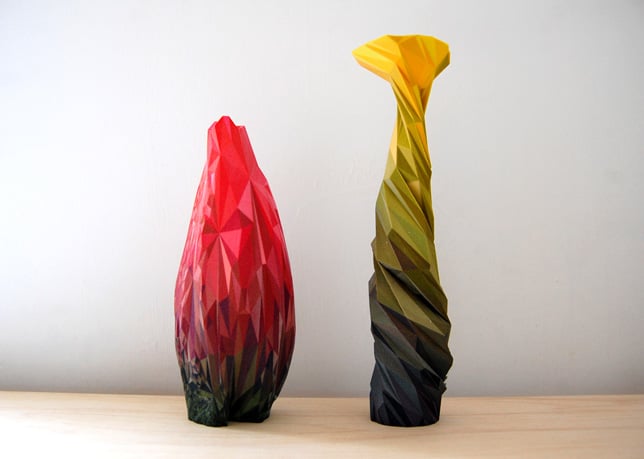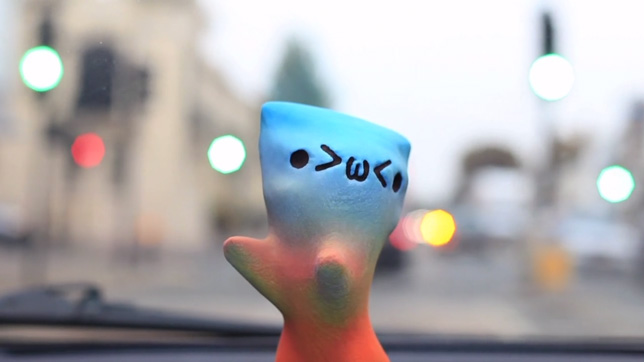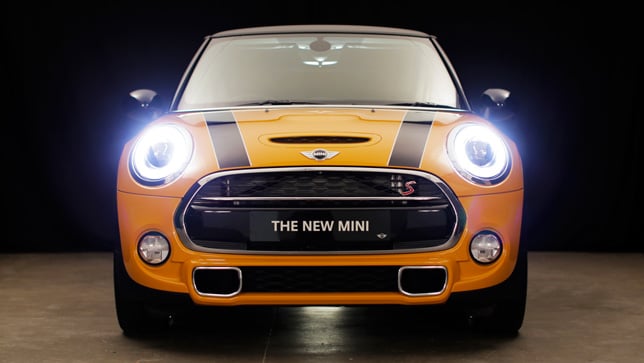You can "spot what software has been used" to design a building
Dezeen and MINI Frontiers: popular software packages are influencing the way new buildings look says Matthew Plummer-Fernandez, who calls on architects to develop their own code rather than using "off-the-shelf" solutions (+ movie).
"So much of the aesthetics [of a building] is inherited from the software without you realising it," Plummer-Fernandez claims. "You can almost spot what sort of software applications have been used for a particular building."
Much contemporary architecture could be considered the product of "a sort of composite authorship between the software and person using it," he adds.

"There are some algorithms that visually you’d recognise, like voronoi or fractals," he says. "And then there’s the person behind that interface trying to make their own visual language, and somehow the artefacts become a marriage of the two."
According to Plummer-Fernandez, it is possible to "trace the software origins" of parametric forms created by programs such as Grasshopper, a plugin for popular computer-aided design application Rhino.
"These algorithms you work with can have a very strong cultural character," he says. "There are some algorithms that visually you would immediately recognise."

He believes it would be more interesting if architects created new shapes using code they developed themselves.
"I think it's fertile area to be exploring," he says. "How can you, as a designer, produce your own software rather than use off-the-shelf software?"
Much of Plummer-Fernandez's work explores how algorithms can create new forms. His Digital Natives project (pictured above) consisted of a series of vessels created by algorithmically distorting 3D scans of everyday objects.

For the Dezeen and MINI Frontiers exhibition he created a service that automatically generated unique 3D-printable driving companions for visitors based on information pulled from their Twitter feed.
The exhibition took place at designjunction during London Design Festival from 17 to 21 September 2014.
Dezeen and MINI Frontiers is a year-long collaboration with MINI exploring how design and technology are coming together to shape the future.

